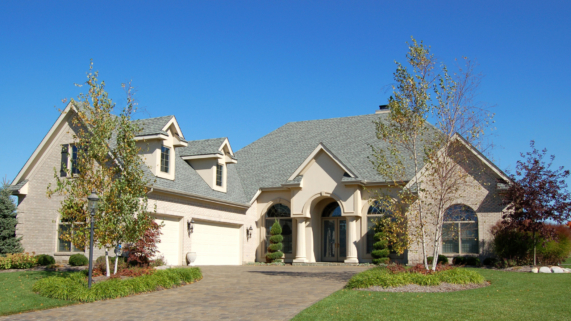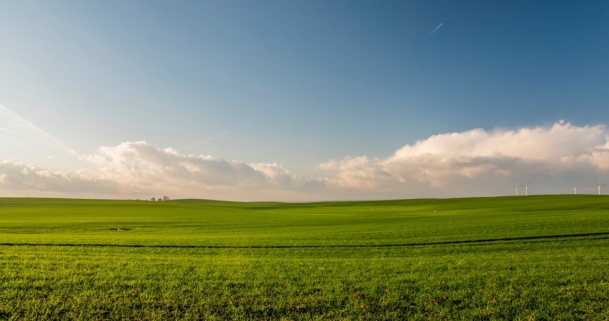Should I buy a vacant home?
Advantages and Considerations for Vacant Homes
In a blazing hot real estate market, a vacant home that’s not newly constructed can raise some questions. How long has the property been vacant? Has it been properly maintained so that there are no weather issues? Are there pests? Are there ghosts? At RealtyHive, we feature many types of properties, both vacant and occupied, from all types of sellers. This is what you should know.
Vacant Home Advantages
You can see it on your schedule
Unlike an occupied home where you have to coordinate schedules with current owners or tenants, vacant homes are often able to be shown at any time of the day. While the convenience factor is one benefit, there’s another reason this is so beneficial for a prospective buyer.
Imagine you’re looking to buy a home in an unfamiliar area. Maybe you don’t know the area or the neighborhood well or only pass by during a certain part of the day. Depending on your location, the character of the neighborhood may change from day to night. Knowing there’s a loud and rowdy bar down the street or a school-induced traffic jam every afternoon may change the price you’re willing to offer. It’s not just properties in the city center that can be affected. What about a property that should have a wonderful view of the night sky, but instead has industrial lights coming from the nearby farm?
Viewing a vacant house multiple times allows you to see these details — the kind you normally find out about after the fact — ahead of time and without inconveniencing the seller.
It’s easier to picture yourself in
When looking for real estate, you should make it a point to look past the current tenant/owners personal items. Sure, you might fall in love with the current furniture and design, but more likely you’ll find yourself thinking “Why would you chose that couch?” or “How do you live in this mess?”
When you look at a vacant home, you don’t run into this issue. Instead, you get to see a room with it’s permanent features. While some sellers use staging to create a more “homey” feel, the majority of the “stuff” is typcially removed allowing you to see how much space you have to work with and how the rooms flow without much distraction.
The sellers are probably motivated
The biggest advantage of buying a vacant home tends to be the sellers. From mortgages to maintenance, an unoccupied property costs the owner each and every month they hold on to it. Even if the property doesn’t have the mortgage, taxes, maintenance, and in some locations, required utility payments, that all need to be paid.
These holding costs, in addition to the labor and stress of having an additional property, can add up. For this reason, sellers of vacant homes are often highly motivated and more open to discussing all offers. One of the ways you can find motivated sellers is to check out the properties in upcoming RealtyHive Time-Limited Events. These sellers have committed to competitively pricing their properties and are willing to entertain all reasonable offers.
Vacant Home Considerations
How long has the property been vacant?
When a home is occupied issues are noticed quickly. Leaks in the basement or roof are addressed, heating or cooling systems are being used, and the property is often more or less maintained simply by being occupied. None of this applies to vacant homes. In the southern US, homes that sit vacant too long can attract unwanted guests like spiders, snakes, and scorpions, while homes to the north run the risk of freeze damage if homes are not property winterized.
Can the property serve its current use?
This one gets into the weeds of real estate law a bit, but if you’re looking at buying a vacant property, you should know about non-conforming use laws. In regard to a vacant home, this could mean that what appears to be a multifamily home or duplex would be allowed to be used as such.
Is buying a vacant home a good idea?
As with all real estate purchases, it’s important to do your homework. Vacant homes offer buyers the ability to see the property without any distractions, but may come with some unique considerations or challenges. Choose a great agent (find one who offers incentives to buyers here!) to assist you and help you through the process.


